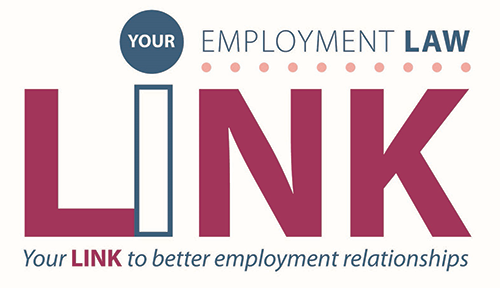Shouting at the world on Facebook and Twitter

What you say on facebook or tweet may cost you your job. In March of 2010 Tania Dickinson, an employee of the Ministry of Social Development, described herself in a Facebook post as a “very expensive paperweight” who is “highly competent in the art of time wastage, blame shifting and stationary [sic] theft.” Unsurprisingly, Ms. Dickinson no longer works for the Ministry of Social Development, and while she was not sacked solely because of these comments, they did contribute to her dismissal.
The first thing that employees and employers alike should understand is that posts on a Facebook wall are public. Now, you may fiddle with your privacy settings so that only certain people can see a particular post, but remember, you are counting on them not sharing the content with others. And if you post something on your wall for all your “friends” to see then your comments are the online equivalent of things said on a public street – but when you consider the potential audience, what is said is more like shouted. As an employee, if you need to blow off some steam about your employer, do it over a drink with your better half or a close friend – someone you can truly trust to not repeat what you have said.You may wonder why what you say outside of work hours, among “friends”, is at all your employer’s business. It comes down to trust and confidence which the law says is the absolute foundation of the employment relationship. The law says an employee’s behaviour outside of work hours can and does affect the employer’s trust and confidence. The legal test goes: has “the servant so conducted himself that it would be manifestly injurious to the interests of the master to retain him”?
If an employee is publicly bad-mouthing their place of work, or their boss, or a co-worker, then clearly this is harmful to the employer’s business. This seems fair enough. But your online behaviour does not need to relate to your employment to put your job at risk. If your behaviour is offensive to your workmates, or through association damaging enough to the reputation of your employer, then your employer may rightly conclude that it has damaged the trust and confidence that he or she must have in you.
These are the grounds on which an employer may begin disciplinary action against an employee. The level of disciplinary action will depend on the behaviour of the employee that is of concern, but also on the nature of the business and the position the employee holds. A primary school teacher will be held to a very different standard of behaviour to a plumber. Of course as an employer taking action against an employee for their conduct is not the preferred way of dealing with the problem. It is better to have a policy, and to have your employees very clear on your expectations and standards. This also puts you in a much stronger position if an employee’s behaviour does become problematic.
There will be many employment relationships today which are older than Facebook and the like. Businesses need to adapt. It is much better if employers get on the front foot on the matter; it is much better if everyone knows what is expected, and how to deal with things when expectations are not met.
Author: Joe Potter-Butler
Published on Wednesday, January 21st, 2015, under Blog


